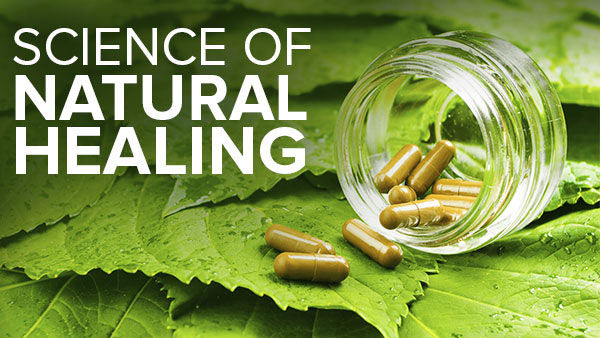
Cultivating A Practice Of Gratitude
Cultivating A Practice Of Gratitude
Practicing being grateful for aspects of your life can have a very positive effect on the quality of your life. Research actually verifies this phenomenon, showing that practicing gratitude increases emotional health, physical health, reduces stress, improves mood, relieves depression and anxiety, and improves the quality of relationships and social interactions. Though being grateful may seem like something you are either born with or not, having gratitude for your life is something that takes practice. There are specific techniques for practicing gratitude and becoming adept at maintaining a positive attitude.
-
Best Herbs And Spices For Natural HealingOctober 10, 2017
-
The importance of Jerusalem in IslamApril 25, 2020
1. Create a Regular Practice
When it comes to gratitude, consistency is key. When adopting a new belief or behavior, is is common to experience slipping back into old, familiar, patterns. In order to integrate a new way of living into your everyday life, then, it takes time and consistency. Making a commitment to yourself to practice gratitude everyday will slowly and incrementally change the quality of your life. Do not expect this to happen overnight, as learning to focus your mind towards the positive aspects of life can take some time. Create a regular routine for yourself where you practice gratitude daily. In the morning, or before going to sleep are convenient times to begin your practice. Write reminders for yourself on your calendar or phone to ensure that you do not forget to practice gratitude.
2. Make a List
One of the most effective ways to cultivate your practice of gratitude is to write out what you are grateful for. It may help to keep a gratitude journal, so that you can review all of your entries and see how it has progressed over time. Start by writing things in your life that you are easily grateful for. Being grateful for the beautiful mountains, ocean, or rivers may be much easier than trying to feel grateful for a family member, whom you may have some unresolved feelings towards. As you get better at being grateful you will easily be able to find positive aspects about any person, place, or situation. Initially, however, it may be most effective to stick to those things in life that are clearly positive for you.
3. Let Your Imagination Run Free
When writing out what your are grateful for, you can really allow your imagination to run wild. You do not need to only focus on things that are in your immediate life or surroundings. You can also practice feeling grateful for things that you have never personally experienced or seen. For example, swimming in the ocean with dolphins may not be something that you have personally experienced, but if you feel inspired by the thought of this activity, then put it down on your list. In this way you can allow your inspiration and imagination guide your practice.
4. Really Feel Grateful
One of the most important aspects of cultivating gratitude is to actually allow yourself to feel what it is you are grateful for. Research indicates that having positive emotions actually takes practice, and the more we allow ourselves to focus on positivity and feel happy, then the more capacity we have to feel good in the future. It is sort of like training a muscle that may not get much use ordinarily. In order to really feel grateful for the items on your list, use the following technique. With each item you write on your list, close your eyes and hold the image of this person, place, or thing in your mind, using your imagination to feel what it is like to have the actual experience of being in that situation. If you are grateful for roses, for example, take a few minutes to imagine smelling a rose, looking at a rose, and enjoying the beauty of the rose. Notice, then, how you feel when you open your eyes. You may notice a slight shift in your attitude with each item you visualize. The idea is to really allow your emotional energy to build during the practice, so by the end of it, you are brimming with positive feelings. This may take time and practice, but can have a very positive effect on the quality of your life over time.







